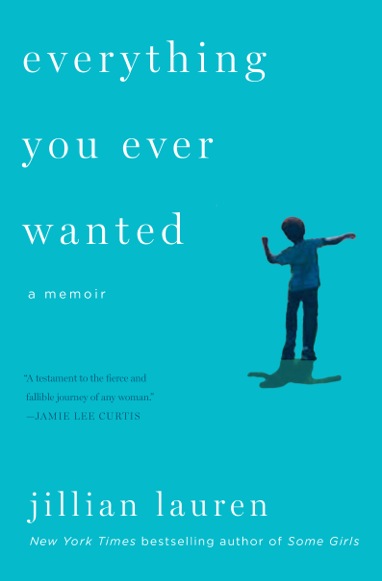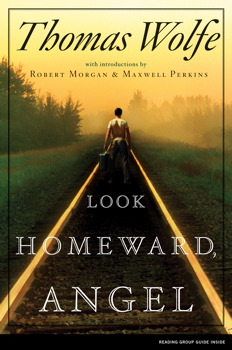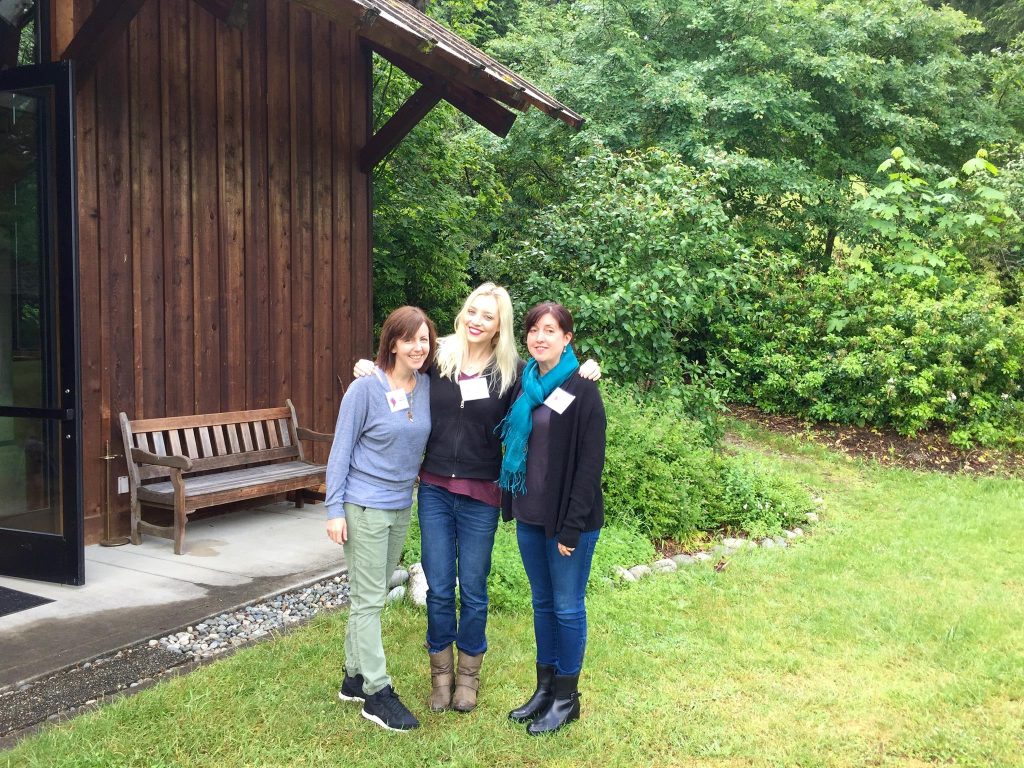Finding a Literary Agent: Writing and Personalizing the Query Letter

In my last post about finding a literary agent, I talked about compiling your list of targets. Once you’ve developed a list of 15 – 30 agents you’re interested in […]
Finding a literary agent: how do you decide who to query?

Ok, I promised to share some tips for finding a literary agent and negotiating the query process, but I’ve decided to break things up into manageable chunks, since I do […]
On Being a Late Bloomer AKA “I finally got a literary agent”

This summer, one of my writing dreams came true — I signed with a literary agent! I’ve been writing my entire adult life, so this wasn’t my first attempt at […]
Inspiration and Joy at the Vortext Writers’ Conference

I love writers’ conferences. My grandmother bought me a ticket to my very first writer’s conference back when I was in my mid-twenties — her way of both supporting my […]
